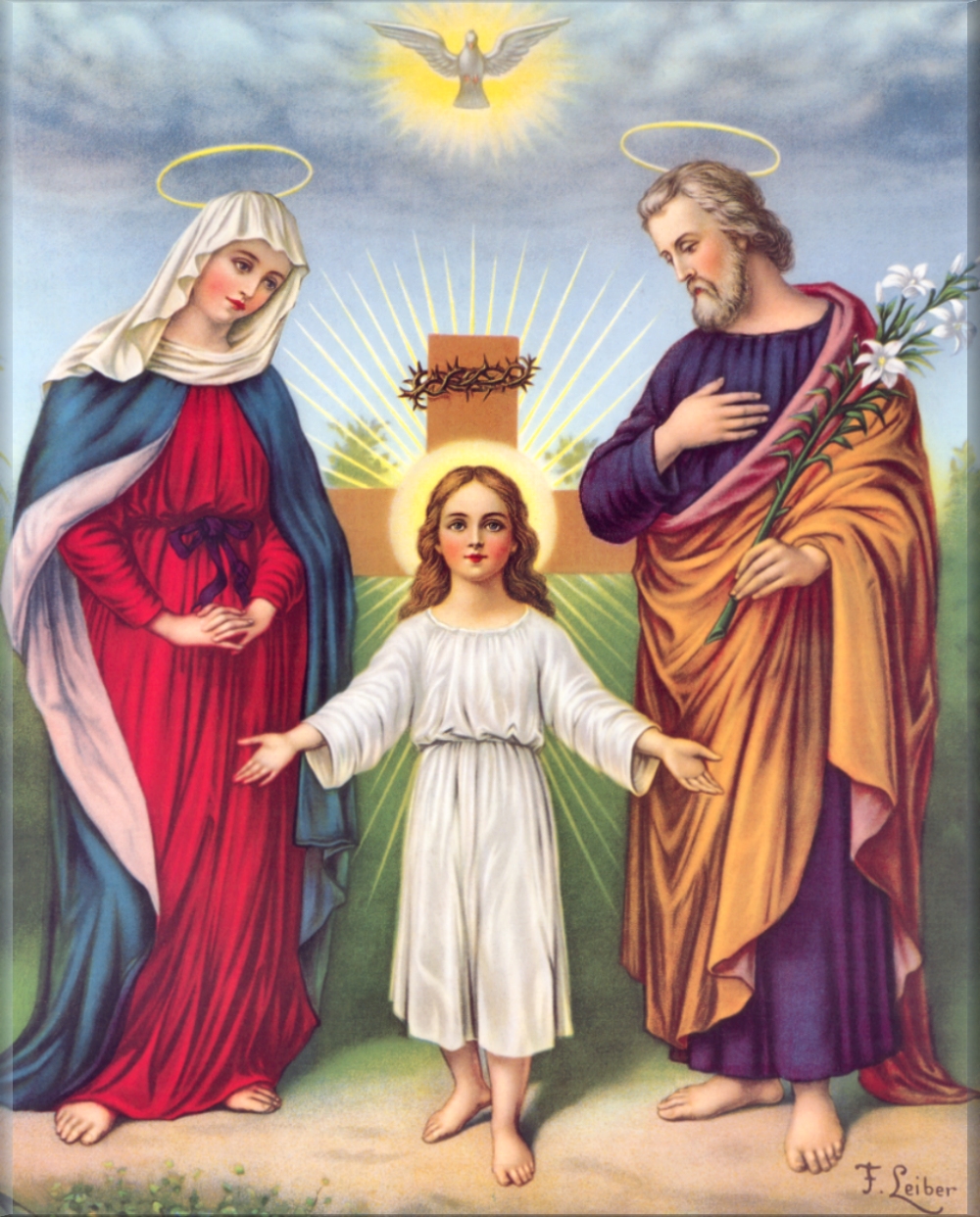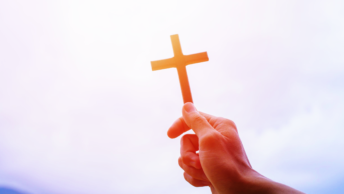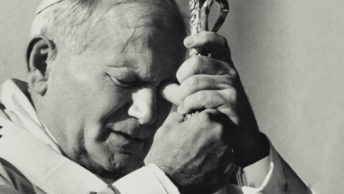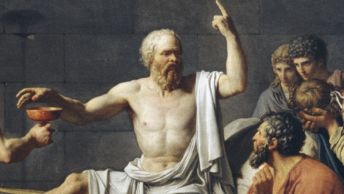This past Sunday, we celebrated Holy Family Sunday.
The readings remind us of the importance of family in our lives. In the Book of Sirach (3:2-6, 12-14), we are reminded of the importance of honoring our parents:
“God sets a father in honor over his children; a mother’s authority he confirms over her sons. Whoever honors his father atones for sins, and preserves himself from them.
When he prays, he is heard; he stores up riches who reveres his mother. Whoever honors his father is gladdened by children, and, when he prays, is heard.
Whoever reveres his father will live a long life; he who obeys his father brings comfort to his mother.”
In the Gospel of Luke (2:41-52), we are presented with the story of Mary and Joseph “losing” Jesus on their journey home from Jersusalem. After backtracking and filled with great anxiety, they eventually find him in the temple both listening and asking questions of the teachers.
But what exactly constitutes a family?
Is it limited strictly to biological relationships or does a family extend further? For legal purposes, “family” is defined as “next of kin.” But for many people, they have no relationship to their next of kin. I know of siblings that haven’t spoken to one another for many years. I know of parents who have disowned their children. In my case, I am an only child without parents. But fortunately, I have a loving extended family of cousins and second and third cousins whom I call “kin.
A friend of mine recently lost his father. This friend is on the outs with his biological family, but he attended the funeral. After the funeral, he remarked to me that he realized who his real family was: not his siblings or nieces and nephews, but his friends—those people that he has come to rely upon and those who make the effort to maintain contact with him. For many people, the Christmas season is a time of depression (not the clinical variety, but more of a malaise or melancholy) because they feel abandoned or rejected by their family members. To those who feel that way, I would suggest that instead of trying to recreate a Norman Rockwell portrait or hoping for an “It’s a Wonderful Life” experience, that they seek out friends who can become like family over time.
At parishes throughout the world, we find blessed families. Each one of us is like a piece of a mosaic: individual, gifted, having a variety of shapes and colors, some pieces rough, others smooth and polished, yet all join together to create a beautiful image of the Body of Christ. For some people, their parish is their family. They are nourished there; they have many friends there; their social activities center around parish activities; and for them this is home.
As such, may we be encouraged to foster a welcoming spirit, especially to those who may be new to our various communities.








